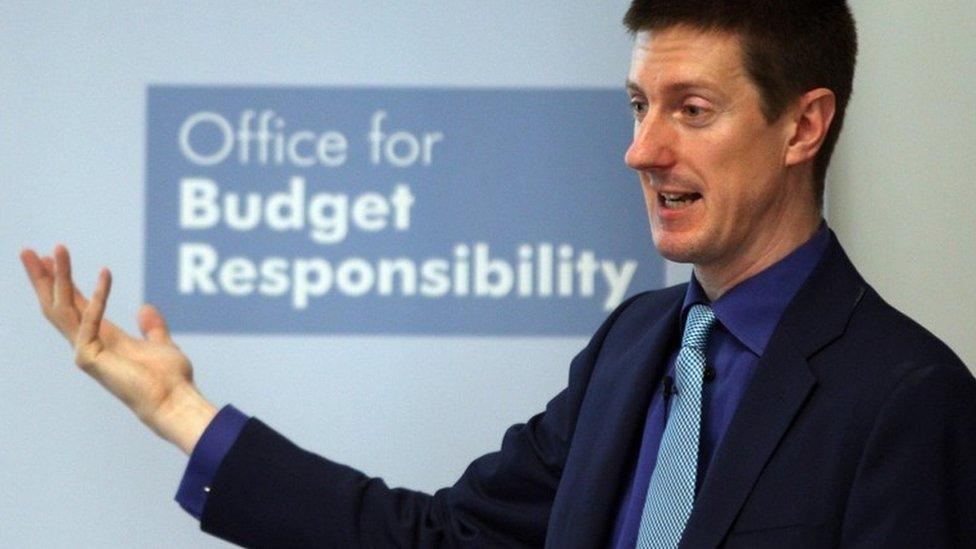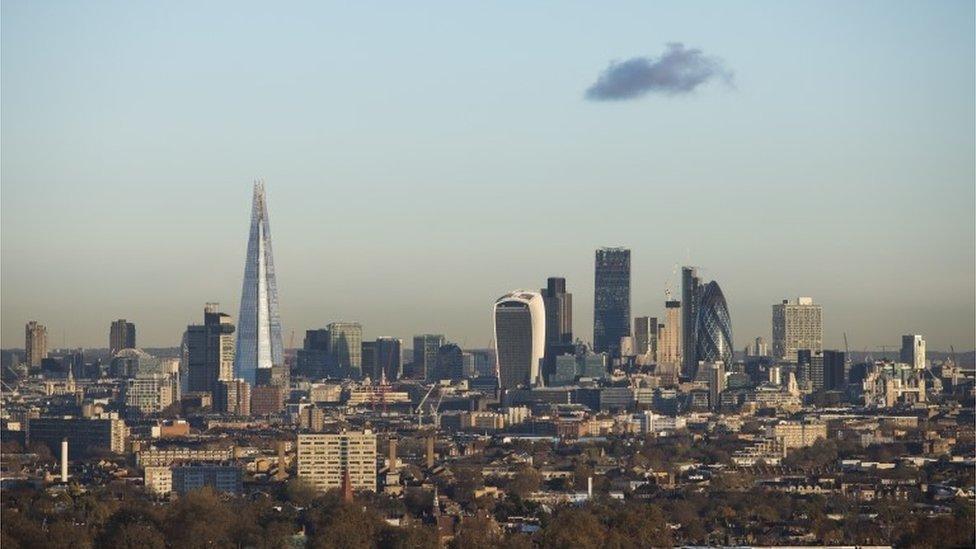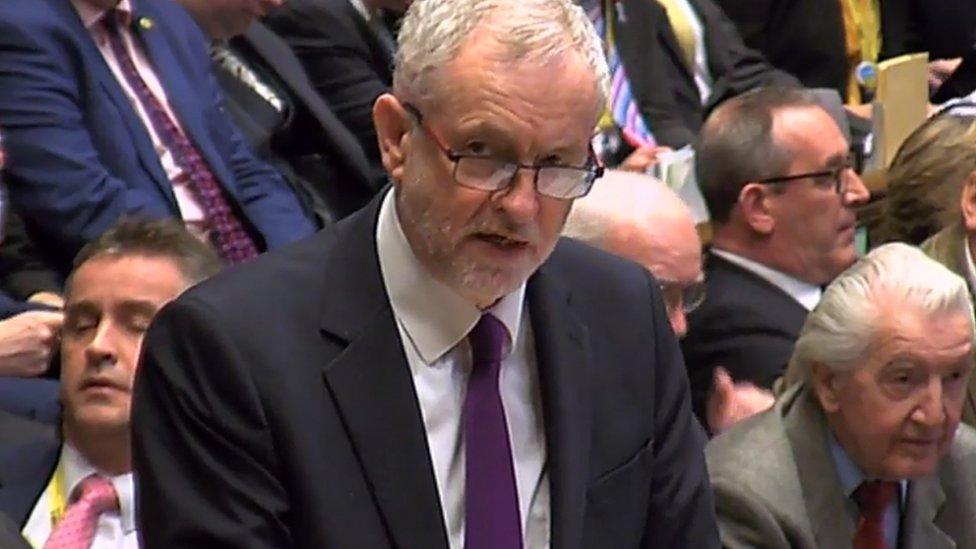Budget deficit beyond 2025 warns spending watchdog
- Published

The Government may struggle to meet its target of clearing the deficit in public finances by 2025 according to the official spending watchdog.
Robert Chote, chairman of the Office for Budget Responsibility, was giving evidence before the Commons Treasury Committee.
He said ministers still had to explain how they expected to balance the books by the end of the next parliament.
Mr Chote said they faced "a lot of challenges".
Even if benefits were held down, he argued, pressure would come from the rising social and health care costs resulting from an ageing population.
The previous coalition government, which came into office in 2010 originally set a target of clearing the deficit by the time of the 2015 general election.
'Earliest possible date'
When that failed to materialise, the former chancellor George Osborne set a further target to reach a surplus by the time of the next election in 2020, but then later abandoned it
The present chancellor, Philip Hammond is now committed to balancing the books "at the earliest possible date" in the next parliament which is set to run from 2020 to 2025.
Reacting to Mr Chote's comments a Treasury spokesperson said: "This government has reduced the deficit by nearly two thirds since 2010.
"We are committed to fiscal discipline and to returning the public finances to balance as soon as possible in the next Parliament, while maintaining the flexibility to support the economy in the near term."

Rain or shine?
Opposite pressures
The OBR has forecast that the deficit will still account for 0.7% of GDP in 2021-22. Reducing that to zero by the end of that parliament would involve "a lot of challenges" Mr Chote said.
"If you were to assume that the Government increased tax allowances and benefits in line with inflation rather than with earnings, then you would get a further fiscal tightening.
"You'd be reducing the generosity of working age benefits by about 10% relative to earnings.
"That would probably be sufficient, all other things being equal, to get you to the surplus by the end of 2025 or thereabouts," he said.
But he warned there would be equal pressure in the opposite direction from health care costs and an ageing population.
Mr Chote said: "All we can say at this stage is that the Government has not made it clear what policies would be in place over the course of the next parliament to make you confident that they are on course to achieve that."
Following last week's budget the OBR revised this year's UK growth from its forecast of 1.4% in November to 2%.
It said the rise is being driven by consumer spending which will slow down as rising prices squeeze consumer budgets.
The OBR predicts growth will dip to 1.6% in 2018 before increasing to 2% by 2021.
- Published8 March 2017

- Published8 March 2017
- Published8 March 2017
